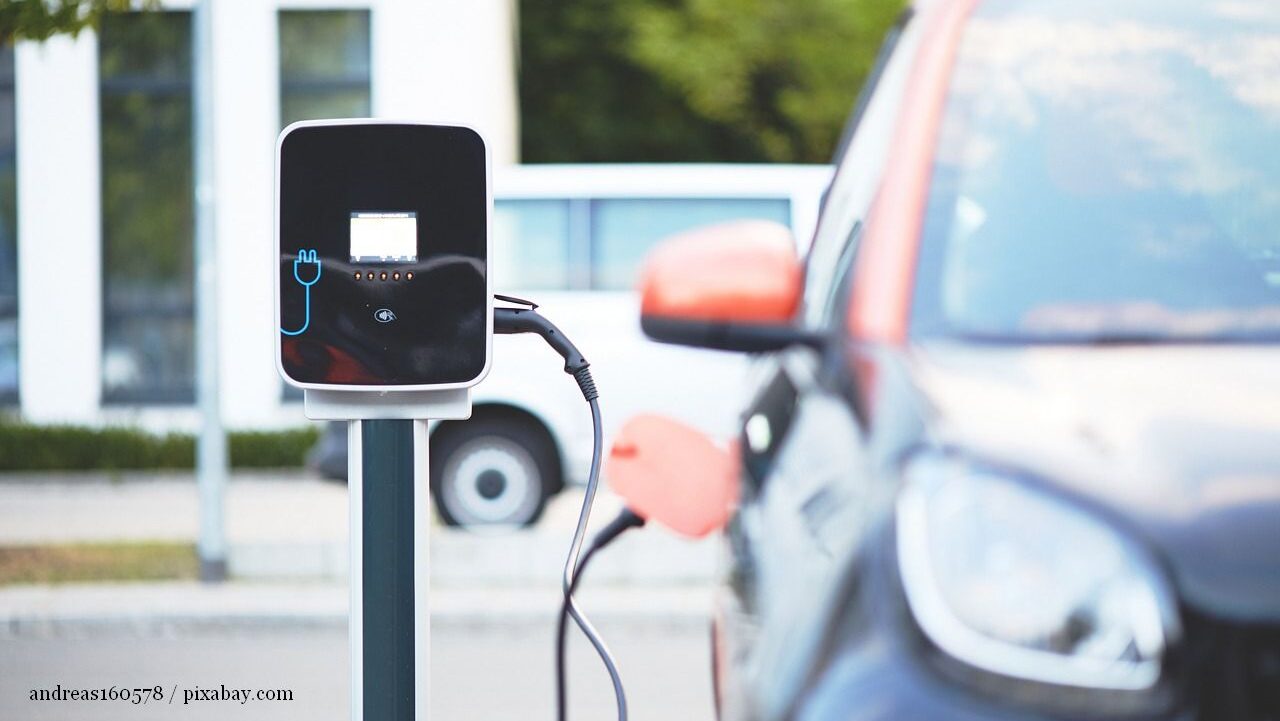The make-up of the new Parliament
There are two things we know for sure after last Sundays parliamentary elections: that the Social Democratic Party won almost half of all seats in Parliament and that it will form a government together with the Alliance of Liberals and Democrats.

Ştefan Stoica, 16.12.2016, 14:05
The final results of last Sunday’s elections made public by the Central Electoral Bureau confirm that six parties will enter Parliament. With 221 senators and deputies, the Social Democrats will dominate the future Parliament. They are only 12 seats short of a majority, which they will secure after forming a partnership with the Alliance of Liberals and Democrats. The party led by the former Prime Minister Calin Popescu Tariceanu obtained 29 seats, one less than the Democratic Union of Ethnic Hungarians in Romania and three more than the People’s Movement Party led by the former president Traian Basescu.
The National Liberal Party won 99 seats, while the newly formed Save Romania Union won a surprising 43 seats. Ethnic minorities other than the Hungarian minority hold 17 seats. The future Parliament will have 465 members, 120 less than in the previous Parliament. The elimination of the uninominal voting system and the return to the party-list proportional system also translated into a smaller Parliament. The term of the current Parliament ends on Monday, the 19th of December, with the new Parliament beginning on Tuesday.
Next week will bring the clarifications expected by everyone after talks between the president and the parties. The first round of talks held by president Klaus Iohannis, which the Social Democratic Party and the Alliance of Liberals and Democrats refused to attend pending the announcement of the official results, was of an exploratory nature. Notwithstanding a major political accident, the Social Democrats and the Alliance of Liberals and Democrats will most likely form a new government.
On Thursday, the Social Democrat leader Liviu Dragnea, the artisan of this election victory, said the governing platform would not depart in any way from the campaign promises. It will therefore contain a social component and will be very ambitious, even hazardous, say economic analysts, given that it provides for an increase in state sector salaries and the minimum wage, tax facilities for pensioners, additional allocations and gratuities for students. Liviu Dragnea did not answer, however, the most important question posed by journalists, namely who the prime minister will be. He did give assurances that he did not want to create a crisis.
Liviu Dragnea: “I am starting from the presumption of good faith. I am a responsible man, I am not going to start a useless conflict, we will make a proposal that can be accepted and that will make it impossible to be refused mathematically and politically. I hope Romania’s president will respect the sacred principles of democracy and popular vote.”
The proposal for prime minister will fulfil “all legal and constitutional conditions”, Dragnea also said. Having received a suspended prison sentence for election fraud in the referendum to impeach president Traian Basescu, Dragnea has two obstacles on his path to becoming prime minister. The first is a law that bans persons with criminal records to hold government office, while the second is the integrity criterion imposed by president Iohannis before the elections when he said he would not appoint as prime minister a person who has had criminal problems.






























